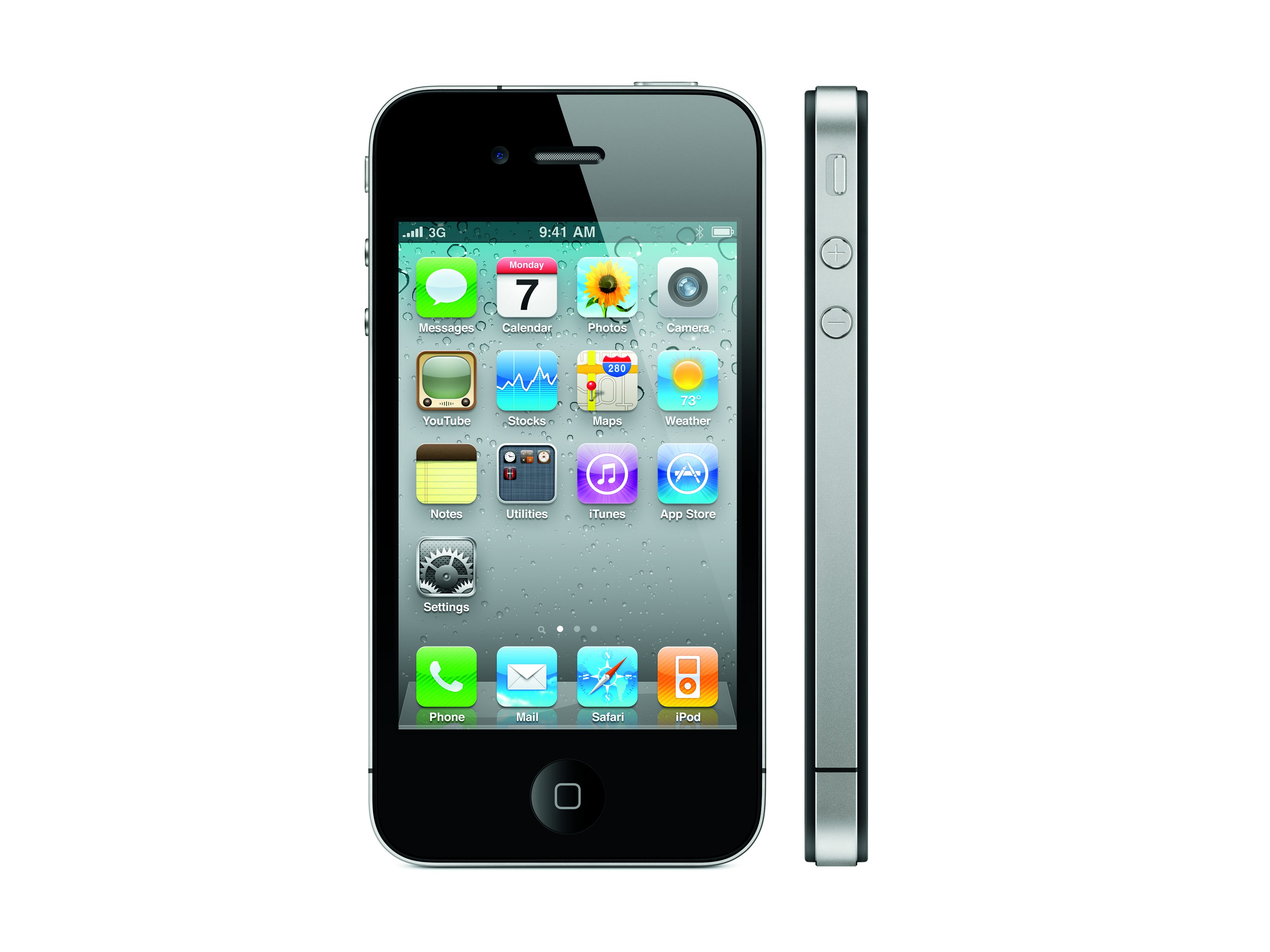Is face recognition coming to your iPhone?
Apple's acquisition could lead to AR video recognition

When Apple buys a technology firm, it's usually for very good reasons: to start making its own chips, to improve its music technology while shuttering a possible rival or to create a new ad platform and
.
So what are we to make of the news that Apple's bought Polar Rose, a specialist in facial recognition systems?
On the face of it - no pun intended - the Polar Rose acquisition might not be that interesting. Polar Rose offers facial recognition and tagging software that's designed for end-user photo libraries; Apple already has similar features in iPhoto, so the acquisition could well be to improve what Apple's already up to.
However, there are two more interesting possibilities - one that's quite likely, and one that's more of a long shot.
The first possibility is facial recognition in the cloud. For all our phones are getting smarter, they're still relatively puny when it comes to processing power. By a happy coincidence Polar Rose has been working on cloud-based facial recognition and tagging systems, where their servers do the heavy lifting before sending the results back to the phone.
Sign up for breaking news, reviews, opinion, top tech deals, and more.
Nuance's Dragon dictation apps for iPhone and iPad take a similar approach, delivering reasonable speech recognition without forcing you to install massive speech dictionaries or embark on tedious training. We've already seen Places make its way from iPhoto into the iOS Photos app; perhaps Faces is going to make the jump too.
Fast, accurate tagging of people you've just photographed would be impressive, but Polar Rose has something even more interesting in its vaults: augmented reality.
Remember Recognizr, the augmented reality app that can work out who you're looking at and bring up their various social networking profiles? Polar Rose developed it in conjunction with interface experts The Astonishing Tribe (TAT), and while Recognizr itself was a concept the underlying technology is solid enough.
By taking the processing out of the phone and into the cloud, an augmented reality video recognition system doesn't seem so sci-fi any more.
Could Apple follow FaceTime with the launch of phone-based facial recognition? Why not? Speaking in February, TAT user experience head Dan Gärdenfors told Technology Review that "We're probably going to partner with some company over the next couple of months to take it to the next level and actually build [a product]," suggesting that a commercial product could be ready in a month or two.
Apple doesn't really like partnerships, though, and by buying TAT's technology partner outright it not only secures the technology for itself but also gets to kill Polar Rose's Android plans.
Is facial recognition coming to the iPhone? Watch this face. Er, space.

Contributor
Writer, broadcaster, musician and kitchen gadget obsessive Carrie Marshall has been writing about tech since 1998, contributing sage advice and odd opinions to all kinds of magazines and websites as well as writing more than twenty books. Her latest, a love letter to music titled Small Town Joy, is on sale now. She is the singer in spectacularly obscure Glaswegian rock band Unquiet Mind.